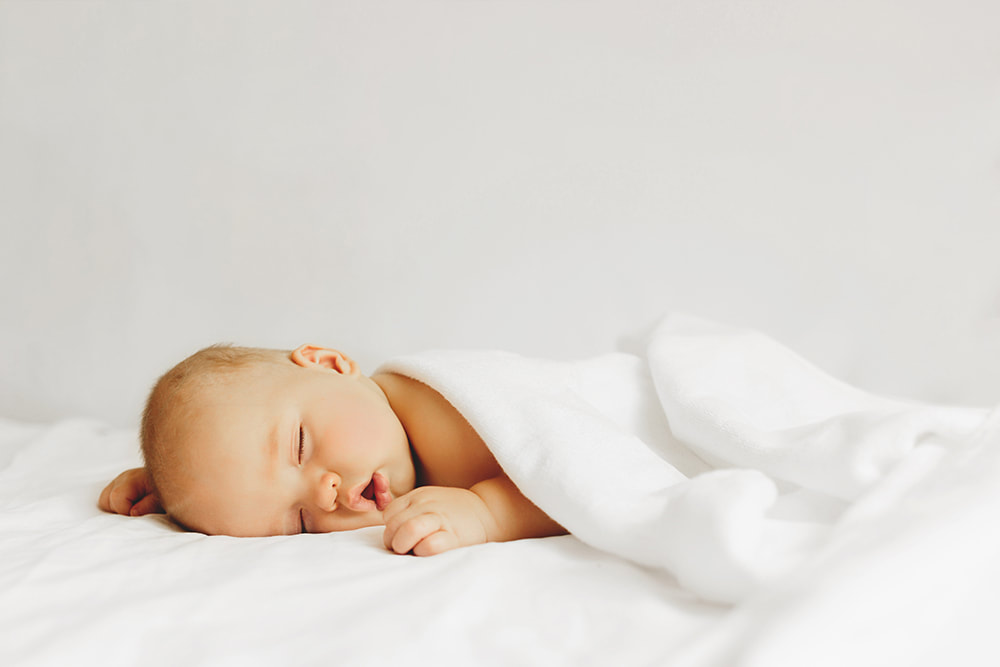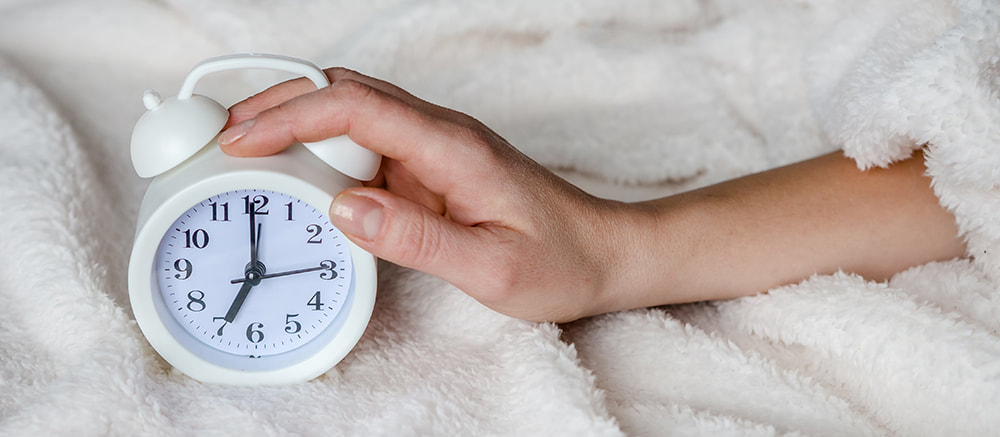It’s been a long day. Meetings, running from place to place, a quick workout squeezed in just before arriving in the nick of time to your child’s baseball practice. You did it! You completed the day.
You’re all cleaned up and in your favorite soft jammies just about to hop into freshly washed sheets that are calling your name. You jump into bed, sigh as your body melts into a restful bliss and you drift off…
Just to wake up a few hours later in a puddle of sweat… great! Maybe it’s the humidity, or your hormones causing the rage of sweat or maybe you just don’t have the right temperature set on your thermostat to promote peaceful sleep?
Why does temperature matter when we are sleeping?
Our bodies work hard during the night to repair damaged tissues and regenerate cells. You would think that all of this work would cause a raise in our body temperature, similar to how hot you feel when you work out. But our bodies actually experience a slight dip in core temperature as it gets later in the evening. Ever been watching your favorite show on the couch and reach for the throw, suddenly feeling a little chilled? That is your body preparing you for bed.
When you finally hit the hay your body temperature can be 1 to 2 degrees lower than in the daytime. Losing heat actually helps you stay asleep. As the dreaded alarm clock approaches, your body temperature naturally starts to rise to prepare for waking up.
When you finally hit the hay your body temperature can be 1 to 2 degrees lower than in the daytime. Losing heat actually helps you stay asleep. As the dreaded alarm clock approaches, your body temperature naturally starts to rise to prepare for waking up.

How does temperature affect sleep?
If your air conditioner has ever gone out on a summer night, you know firsthand that sleeping in a hot, stuffy room is not a fun situation to be in. The warmer the room, the harder it is for your body to regulate temperature which can cause fatigue; aka when you feel tired and want to sleep but just toss and turn instead.
Being overheated will also cause less time spent in REM sleep, which is the deepest and most restorative sleep. Less time in REM sleep will cause grogginess the next day and can negatively impact bodily recovery and the immune system, as well as learning, memory, and other processes. (1)
Being overheated will also cause less time spent in REM sleep, which is the deepest and most restorative sleep. Less time in REM sleep will cause grogginess the next day and can negatively impact bodily recovery and the immune system, as well as learning, memory, and other processes. (1)


What is the ideal temperature for sleeping?
The ideal sleeping temperature for your home is a lot cooler than you might think. According to most doctors, 65 degrees Fahrenheit (18.3 degrees Celsius) is an ideal sleeping temperature, with a range of 60 to 67 degrees Fahrenheit (15.6 to 19.4 degrees Celsius) being considered acceptable for the most productive sleep.


Tips to keep your room cool.
- Take a hot bath an hour or two before bedtime to encourage a natural cool down effect
- Turn your fan on and keep your bedroom doors open to increase circulation
- Make sure all your HVAC vents are fully open to keep airflow moving and your HVAC system running efficiently
- Consider installing a programmable thermostat to automatically cool to your desired temperature at night so you don’t have to think about setting it
- Move downstairs to sleep during the hotter months
If you need help keeping your home comfortable at night, that is what we are here for. Call us at 281-356-8564 and you’ll be on your way to more peaceful sleep in no time… and we ALL need that!






